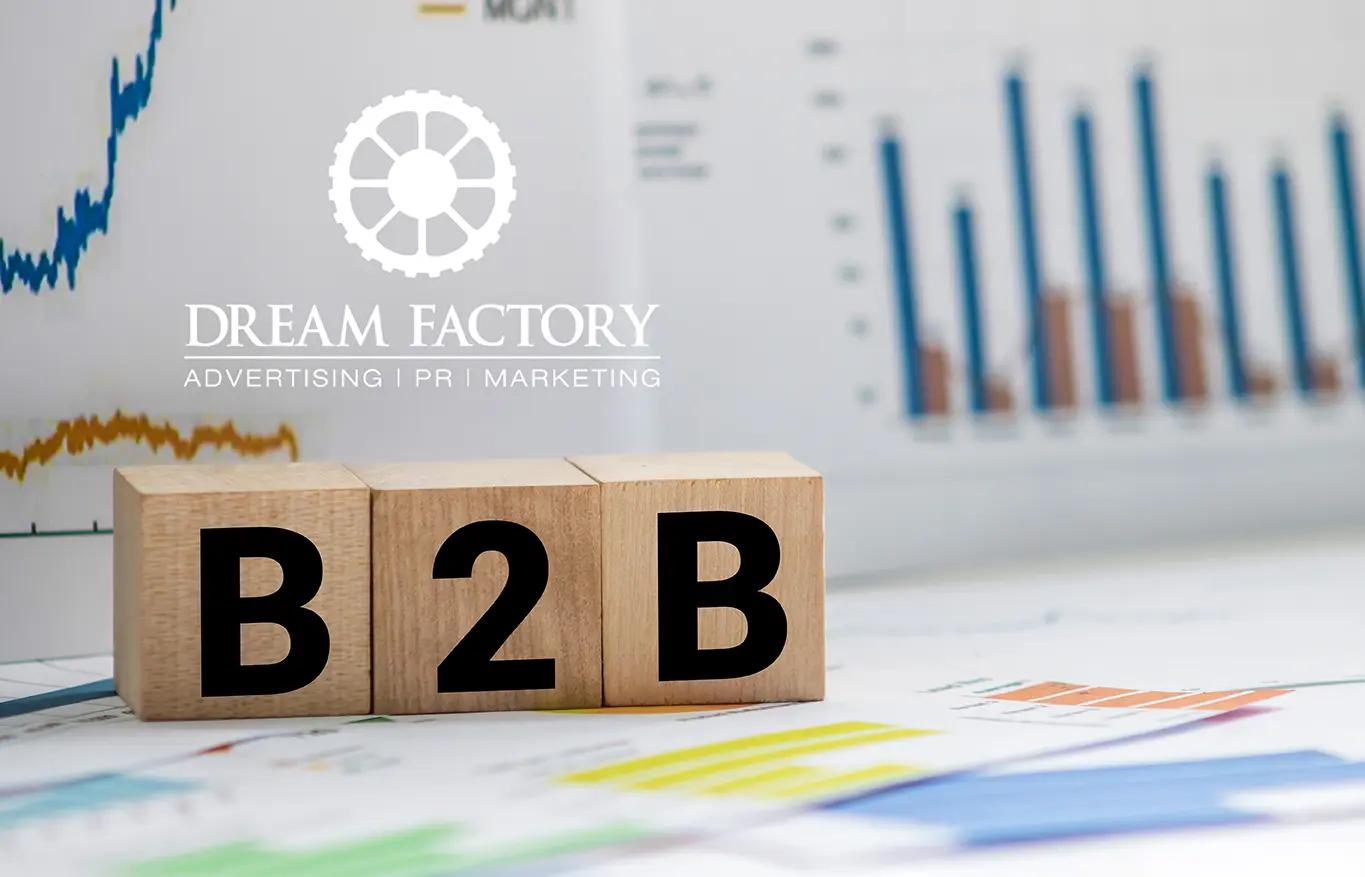
Optimizing Efficiency: Why Your Business Needs a Record Management Platform
In today’s fast-paced and data-driven business environment, effective record management is crucial for maintaining efficiency, compliance, and security. As companies grow, managing vast amounts of data, whether digital or physical, becomes increasingly challenging. This is where a record management platform comes into play, offering a systematic and organized approach to handling business records. This article explores the importance of adopting such a platform and the ways it can streamline operations, improve productivity, and safeguard valuable data.
What is a Record Management Platform?
A Record management platform is a comprehensive solution designed to store, track, and manage business records across various formats. These platforms provide organizations with the tools needed to classify, index, and retrieve information efficiently. Whether dealing with legal documents, financial records, or employee data, a Record management platform ensures that records are organized, accessible, and secure. These platforms can be cloud-based or on-premises, offering businesses flexibility depending on their specific needs.
The Benefits of a Record Management Platform
1. Improved Efficiency and Productivity
One of the most significant advantages of using a record management platform is the ability to optimize workflows. Manual record-keeping, such as sorting physical documents or navigating through digital files, is time-consuming and prone to errors. A well-structured platform allows employees to retrieve documents quickly, eliminating time wasted on searching through cluttered filing systems. By automating certain tasks such as categorization and tagging, businesses can speed up processes, reduce manual labor, and ultimately improve overall productivity.
2. Enhanced Security and Compliance
With data breaches and cyber threats becoming more common, safeguarding sensitive business information is a top priority. A record management platform enhances data security by offering features like encryption, access control, and audit trails, ensuring that only authorized personnel can view or alter specific records. Additionally, businesses operating in regulated industries must comply with various legal and industry standards. A robust record management platform helps ensure that records are stored in compliance with regulations such as GDPR, HIPAA, and financial reporting standards, reducing the risk of penalties due to non-compliance.
3. Cost Savings and Space Optimization
Storing physical records can be expensive and inefficient, requiring significant space for filing cabinets, storage boxes, and other resources. By transitioning to a record management platform, businesses can reduce the need for physical storage, freeing up valuable office space for more productive purposes. Additionally, digitizing records reduces costs associated with paper, ink, and physical storage, offering long-term savings. For businesses that deal with large volumes of paperwork, the cost benefits of adopting a record management platform can be substantial.
4. Easy Accessibility and Collaboration
In the modern business world, employees often need access to records remotely or across multiple devices. A record management platform enables cloud-based access, allowing employees to retrieve documents from anywhere with an internet connection. This increases flexibility, especially for businesses with remote teams or those operating across multiple locations. Additionally, the platform often includes collaborative features that allow multiple users to work on the same document simultaneously, enhancing team coordination and productivity.
5. Disaster Recovery and Business Continuity
Data loss due to disasters, system failures, or human error is a constant risk for businesses. A record management platform often includes automated backup systems that ensure data is securely stored and can be quickly restored in case of an emergency. This disaster recovery feature is critical for business continuity, enabling organizations to recover lost records and resume operations with minimal downtime. Whether a natural disaster or a cyberattack, having a record management platform in place ensures that your business is prepared for unforeseen events.
How to Choose the Right Record Management Platform
When selecting a record management platform, it’s essential to consider several factors to ensure the solution aligns with your business needs:
- Scalability: Choose a platform that can grow with your business and handle increasing amounts of data.
- Integration: Ensure that the platform integrates smoothly with other business systems, such as accounting software, CRM systems, and communication tools.
- User-Friendliness: Look for a platform with an intuitive interface that will be easy for employees to use without extensive training.
- Security Features: Verify that the platform offers robust security measures, including encryption, access controls, and compliance certifications.
- Support: Opt for a provider that offers reliable customer support to address any issues that may arise.
Conclusion
A record management platform is no longer a luxury but a necessity for businesses aiming to optimize efficiency and safeguard their data. By streamlining document storage, improving security, and offering seamless access and collaboration, these platforms provide tangible benefits that can transform how businesses manage their records. Whether your company is a small startup or a large corporation, investing in a record management platform is a strategic step toward ensuring long-term success, reducing costs, and enhancing productivity.




